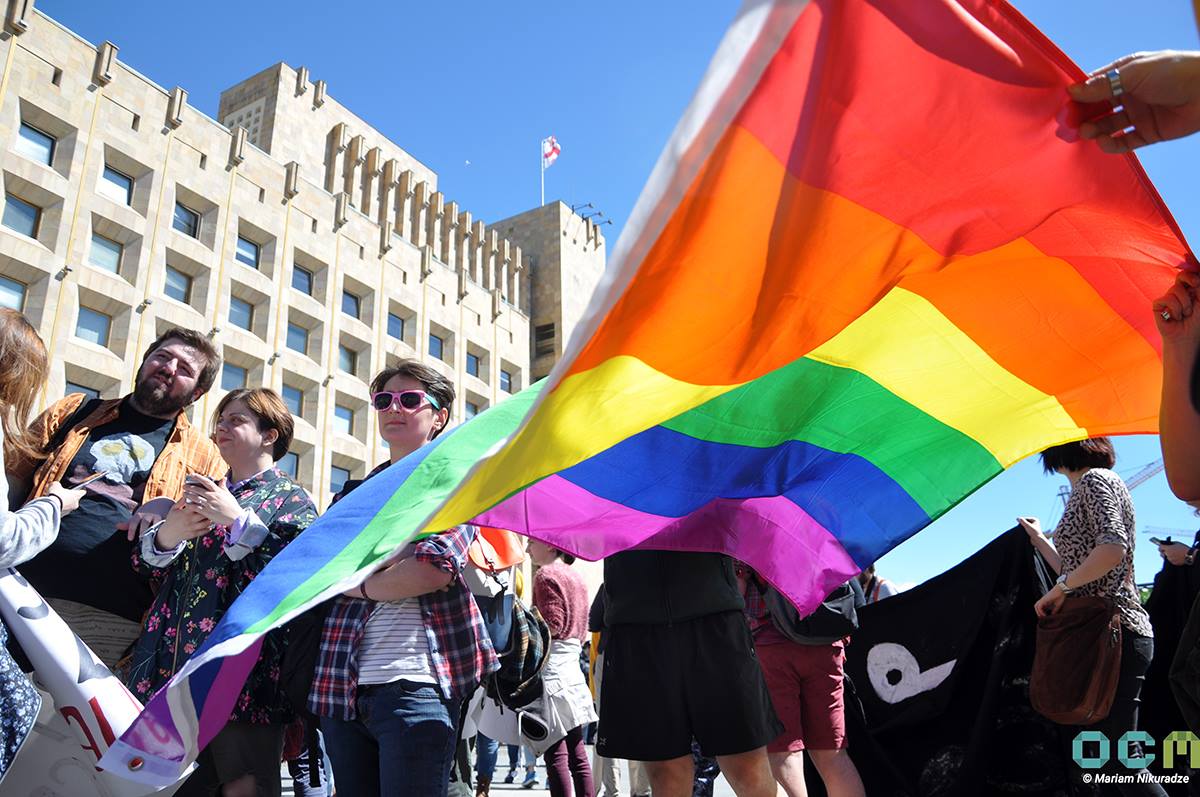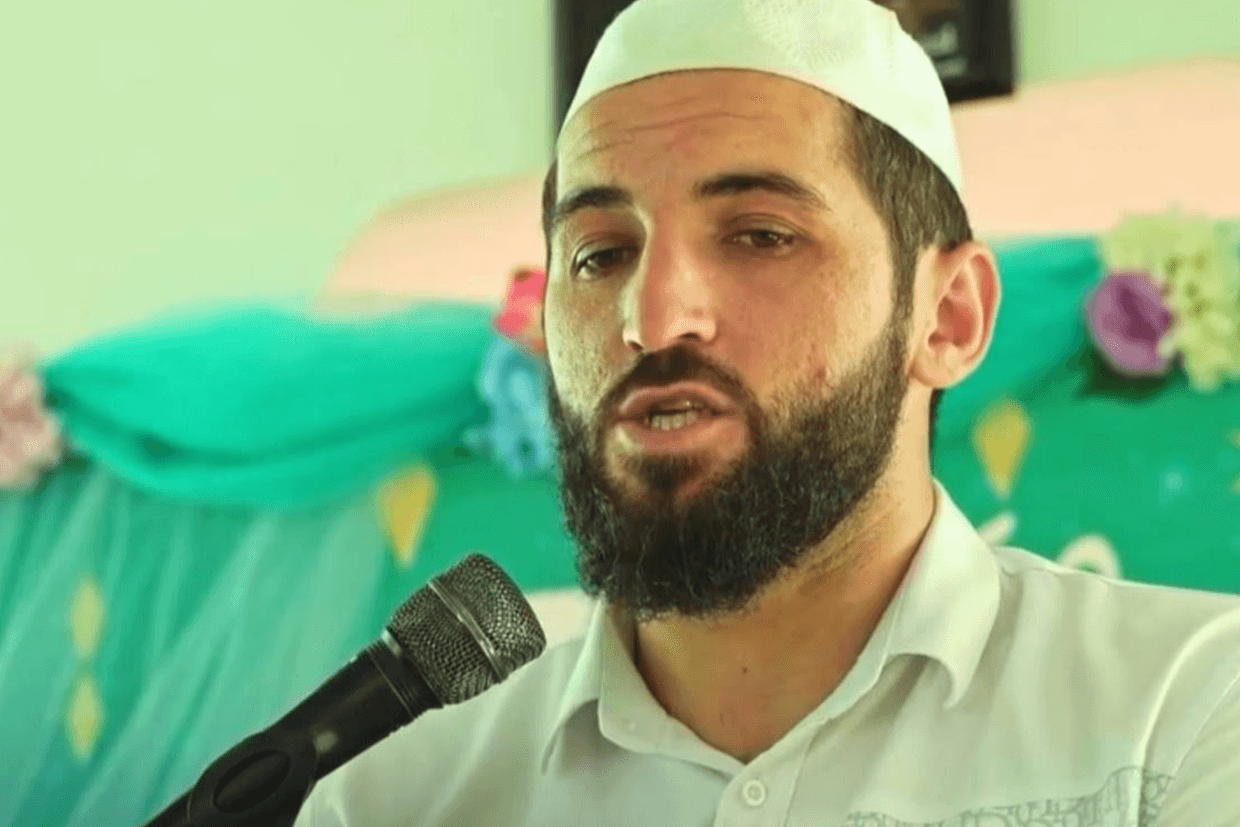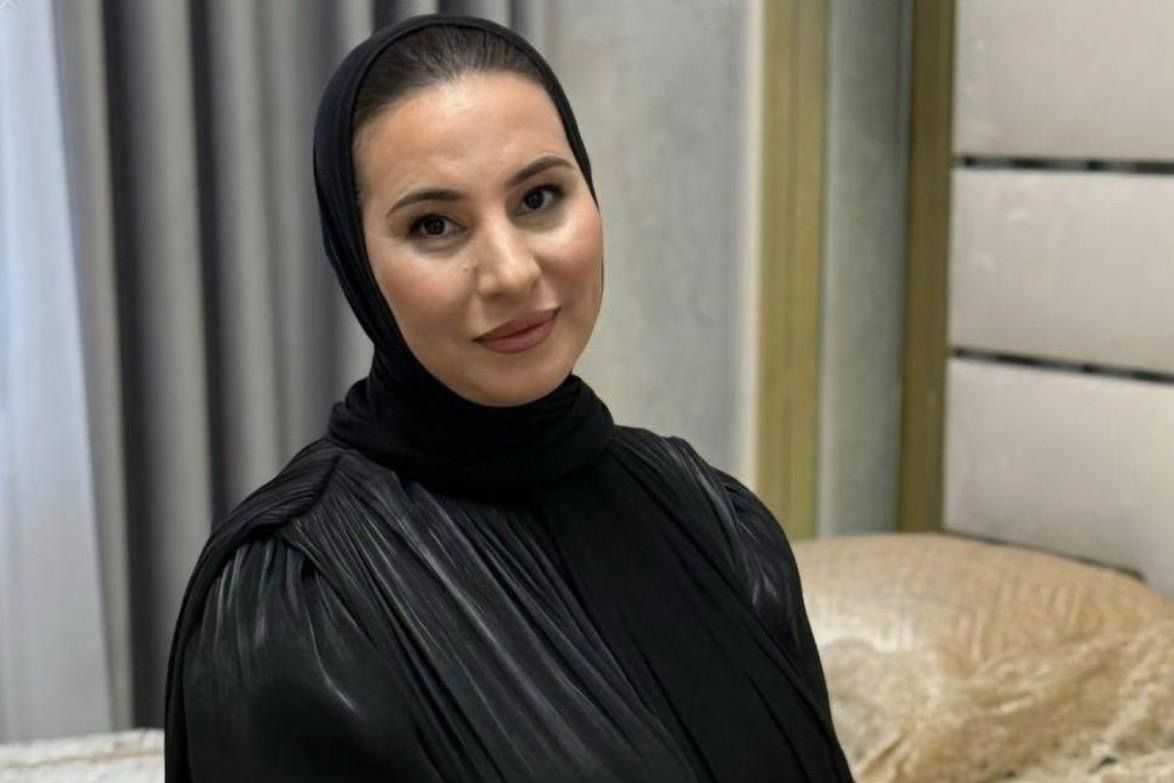

Queer people in Georgia are ‘completely defenceless’ against domestic violence, a recent study conducted by Georgian rights group the Human Rights Education and Monitoring Centre (EMC) has found. The study said this frequently results in victims being forced to leave their homes and impacts their education and careers, contributing to homelessness.
The study, called ‘Domestic violence based on sexual orientation and gender identity’ published on 13 December analysed the nature of domestic violence against queer people and assessed current legislation and policies relevant to the problem.
According to the study, despite legal amendments adopted to combat domestic violence and violence against women, ‘legal provisions do not consider the specifics of sexual orientation/gender identity–based violence and use general mechanisms of combating domestic violence’.
‘Because of the lack of special-need services and insensitive legislation, queer people are likely to refrain from reaching out to law enforcement officials or people around them for help because of the risk they might face violence from institutions and be left alone to face discrimination’, the study said, emphasising that the situation may be even harsher if the victim is a juvenile.
The study reveals a case of a minor, who was hit with a chair by their mother after she learned her child had attended an event organised by a queer rights organisation.
‘Upon their arrival at home, their mother yelled at them and demanded they explain what they were doing at a “gathering of fags”. As they confronted her by saying it was not a “gathering of fags”, she hit them with a chair in their back’, the study reveals.
After the victim reported the case to the authorities, officials launched an investigation for domestic violence, but ‘because the juvenile wouldn’t reveal their sexual orientation, the prosecution initially refused to recognise hate motives in the crime’, the study said.
The study criticised law enforcement officials for inappropriate communication with victims, stressing that the minor ‘was ordered several times to reveal their sexual orientation, which they obviously were not obliged to do’.
[Read about queer people from Georgia, Armenia, and Azerbaijan on OC Media: Forced from home for being queer]
‘Cycle of violence’
The study said that intense homophobia and social exclusion queer people experience outside their families make them more vulnerable to any forms of domestic violence and keep them in a ‘cycle of violence’, which impacts their social status and mental health and hinders their individual development.
The research cited data from a 2014 study conducted by the Women’s Initiative Supporting Group on the extent of violence against queer people, showing that 20% of queer people have experienced violence from their family members, while 30% have experienced violence from a partner, co-worker, or police.
The majority of respondents said that the most common place where violence occurred was in public spaces (60%), while domestic violence made up for 30% of responses.
‘Everyone who has said they have experienced violence at home also said it had happened three or more times, meaning that they are subjected to permanent violence from family members’, the study said.
The EMC study concluded that despite hate crimes being deemed aggravating circumstance in legislation, investigations generally do not properly identify such motives in the cases of violence against queer people, which leads to improper punishments.
The study positively assessed the creation of the Human Rights Department in the Interior Ministry but said that current mechanisms regulating domestic violence do not include the specifics of domestic violence against queer people and therefore the issue is regulated under general legal provisions.
The study said there were no specific rehabilitation services for queer victims of domestic violence, and that the existing rehabilitation programme is designed solely for victims of gender-based violence.
[Learn how Georgian people feel about queer people on OC Media: Only 23% of Georgians think queer people’s rights are important, poll shows]
Homophobic violence in Georgia
In 2017, the prosecutor’s office examined 86 alleged hate crimes, 12 of which were based on sexual orientation and 37 on gender identity.
The Public Defender’s report said violence against queer people, whether in the family or in public spaces, is a serious problem, and that the government has been unable to respond to this challenge.
The report said the public defender received numerous complaints regarding homophobic attitudes from law enforcement officials.
‘In some cases, complainants withdrew cases and refused to cooperate with the general inspection or the prosecutor’s office because they didn’t believe an investigation into their cases would be timely’, the report reads.
The report said transgender women in particular often appeal to the public defender’s office about violence they face.
‘Unfortunately, law enforcement officials don’t have an efficient strategy against hate-motivated violence. They react to individual cases and don’t take action against the systematic problem’, the report reads.
[Read more about violence against queer people in Georgia on OC Media: Queer rights activists mark 17 May in Tbilisi under heavy police presence; Church takes to streets]









